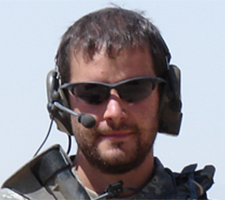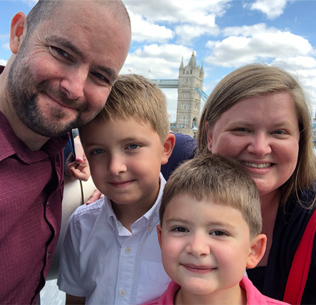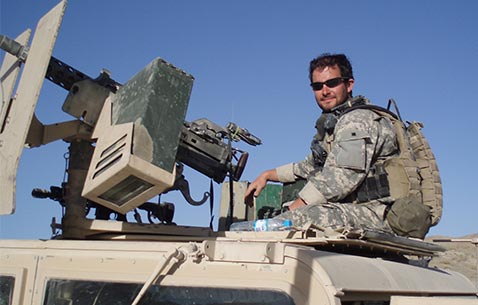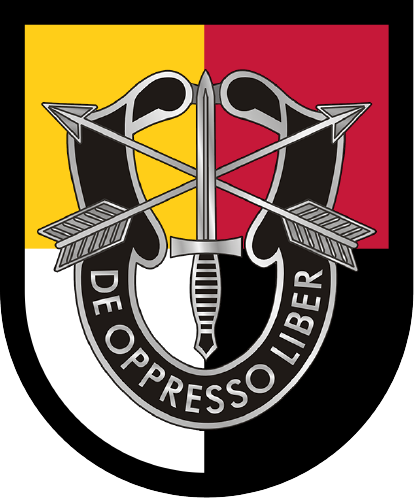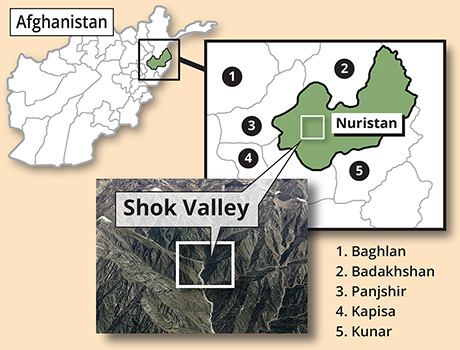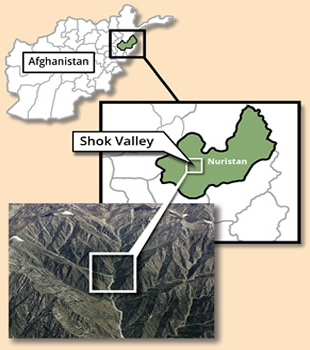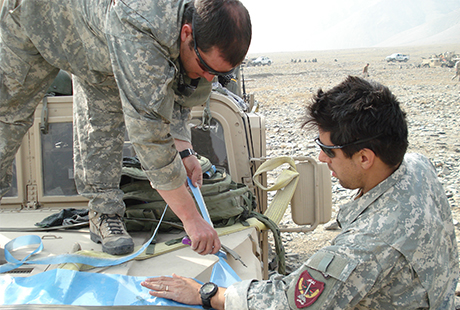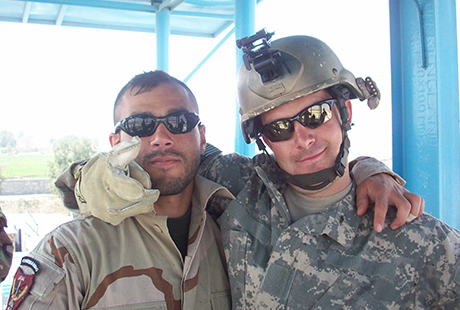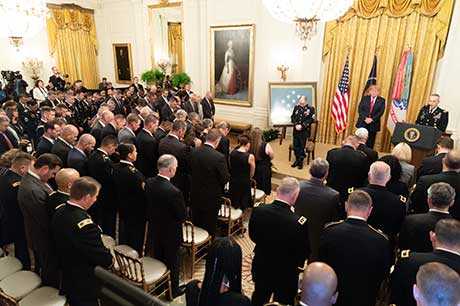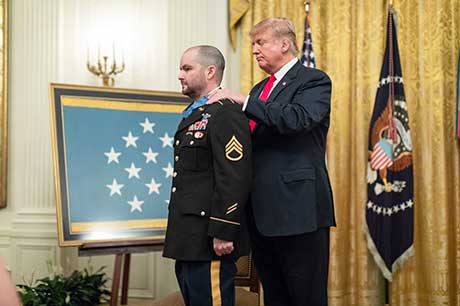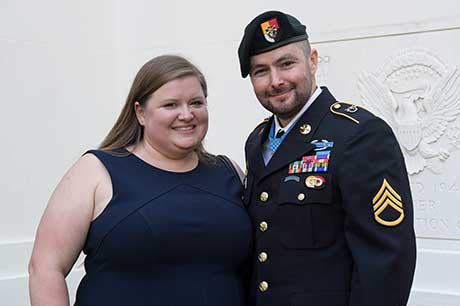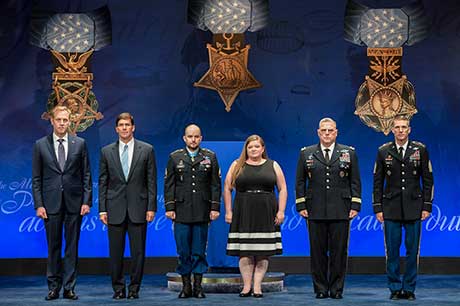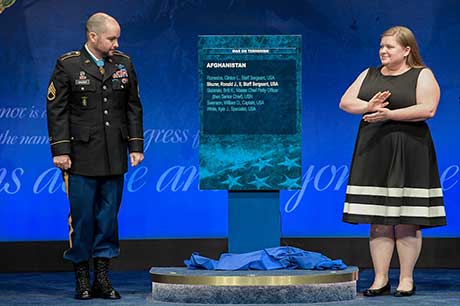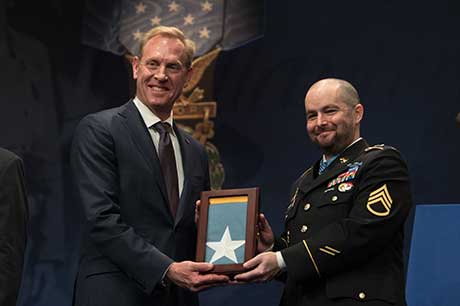Ronald J. Shurer II was born in Fairbanks, Alaska, on Dec. 7, 1978. The son of airmen, Shurer lived in Illinois and Idaho before his family was stationed at McChord Air Force Base, Washington. Shurer attended Rogers High School in Puyallup, Washington, where he was a member of the swim team and participated in triathlons and cycling.
Following his high school graduation in 1997, Shurer attended Washington State University, where he earned a bachelor’s degree in business economics. Later that year, he enrolled in a master’s degree program at Washington State.
After the events of Sept. 11, 2001, Shurer was inspired to follow in the footsteps of his great-grandfather, grandfather and parents by serving in the U.S. armed forces.
Shurer entered the U.S. Army in 2002 and was assigned to the 601st Area Support Medical Company, 261st Area Medical Battalion, 44th Medical Command, at Fort Bragg, North Carolina. In January 2004, he entered Special Forces selection and reported to the Special Forces Qualification Course in June. After donning his green beret, Shurer was assigned to the 3rd Special Forces Group in June 2006. Shurer deployed to Afghanistan from August 2006 to March 2007, and again from October 2007 to May 2008.
After separating from the Army in May 2009, Shurer was hired by the U.S. Secret Service and was stationed in Phoenix, Arizona, to investigate financial crimes, perform advance work and protect the president, vice president and high-level dignitaries. In May 2014 he moved to Washington, D.C., as part of the U.S. Secret Service Counter Assault Team, the tactical team that works to suppress, divert and neutralize any coordinated attack against the president of the United States.
Shurer’s awards and decorations include the Medal of Honor, the Bronze Star Medal, the Purple Heart, the Army Commendation Medal, the Army Good Conduct Medal with Bronze Clasp and two Loops, the National Defense Service Medal, the Afghanistan Campaign Medal with two Bronze Service Stars, the Global War on Terrorism Service Medal, the Noncommissioned Officer Professional Development Ribbon with Numeral “2,” the Army Service Ribbon, the Overseas Service Ribbon, the NATO Medal, the Valorous Unit Award, the Meritorious Unit Commendation, the Combat Infantryman Badge, the Parachutist Badge and the Special Forces Tab.
Staff Sgt. Ronald J. Shurer II died on May 14th, 2020 after a three-year battle with cancer. He is survived by his wife and two sons.

